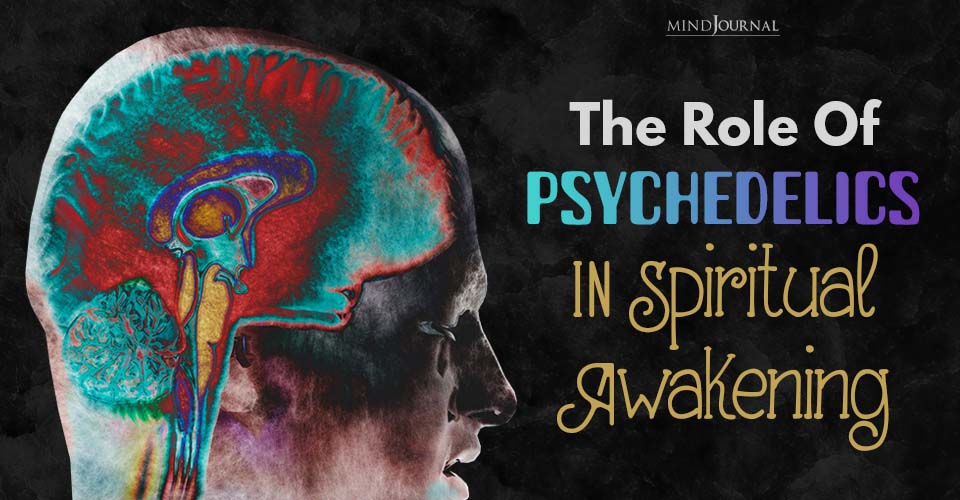Not many people know this, but the power of music training can prove to be all-encompassing, and it can have numerous cognitive benefits for anyone choosing to indulge in it. The cognitive benefits of music training can help you experience many major positive changes in your mind and body.
For many, music study is intrinsically rewarding, and music learning is an end in itself. However, active engagement with music has enduring cognitive benefits, such as concentration, memory, self-discipline, and confidence (Rentfrow & Levitin, 2019). The cognitive benefits of music education extend from early childhood to old age.
Here Are 5 Cognitive Benefits Of Music Training
1. Concentration
Formal music practice involves several cognitively challenging elements (e.g., long periods of controlled attention, keeping musical passages in working memory). For example, a study showed that increased reliance upon sustained attention was attributed to boosts in working memory in persons over 60 who received piano training (six months) compared to those who did not receive piano training (Lesiuk et al., 2018).
Related: The Healing Power of Music: How Music Therapy Improves Mental Health
2. Self-Discipline
Music training enhances impulse control. Impulse control is saying no to that third alcoholic drink or eating healthy foods even though the unhealthy ones are tempting. People high on a measure of self-control have better outcomes in various aspects of life (e.g., academic, coping skills, and meaningful relationships with others).
Evidence shows that musical training is a powerful intervention that could help children mature emotionally and intellectually. A research study (Fasano et al., 2019) showed that even an intense and brief period of orchestral music training (10 lessons over three months) had a positive impact on inhibitory control in school-age children.
3. Empathy
Empathy enables people to recognize the emotional and mental states of others and to respond to these with appropriate emotions. During music listening and performance, we perceive the emotional and psychological content in music. Listening to music that contains reflective, thoughtful, and gentle attributes may increase empathy and improve reflective functioning (Greenberg et al., 2016).
Related: Music Therapy for depression – how can it heal you?
4. Self-Esteem
Learning an instrument is one of the best ways to build one’s confidence, and high self-confidence is associated with a positive self-image. And when people’s self-esteem is enhanced, they are more likely to live a healthier lifestyle (Creech, 2019).
5. Protection Against Age-Related Decline
Neural plasticity is a biological foundation of the learning brain. New connections are made in our brains when we learn. Neural plasticity is what keeps us young.
The brain is like a block of clay that can be molded into its environment. And the brain is at its most plastic during the first few years of life. Fortunately, some of the neural plasticity is with us throughout our lifespans, even in our older years. Making music mostly as a leisure activity provides a buffer against cognitive impairment (Schneider et al. 2018).
What is the takeaway message? A key challenge for successful aging is to discover interventions that prevent age-related cognitive decline. Research has shown that music training enhances cognitive performance (i.e., working memory and processing speed) in healthy older adults.
Related: Music Personality Test: What Your Taste In Music Says About Your Personality
Music training makes unique demands on our brains. Learning musical skills in later life is a promising intervention to offset the age-related cognitive decline. Brain fitness as we age depends considerably on maintaining a healthy, active mind, similar to keeping an active body.
Indeed, this is the belief of many musical therapists. You could maintain and increase your brain health if you decide to pick up an instrument for the very first time in midlife or beyond.
References
Bugos, J. A. (2014). Community music as a cognitive training program for successful ageing. Int. J. Commun. Music 7, 319–331.
Creech A. (2019), Using Music Technology Creatively to Enrich Later-Life: A Literature Review, Front. Psychol., 10: 117.
Fasano MC, Semeraro C, Cassibba R, Kringelbach ML, Monacis L, de Palo V, Vuust P, Brattico E.Short-Term Orchestral Music Training Modulates Hyperactivity and Inhibitory Control in School-Age Children: A Longitudinal Behavioural Study, Front Psychol. 2019 Apr 3; 10:750.
Greenberg, D. M., Rentfrow, P. J., & Baron-Cohen, S. (2016). Can music increase empathy? Interpreting musical experience through the empathizing-systemizing (E-S) theory: Implications for Autism. Empirical Musicology Review, 10(1–2), 80–95.
Lesiuk T, Bugos JA, Murakami B. (2018), A Rationale for Music Training to Enhance Executive Functions in Parkinson's Disease: An Overview of the Problem. Healthcare (Basel), Apr 22;c6(2). pii: E35.
Rentfrow PT, and Levitin DJ (2019) Foundations in Music Psychology: Theory and Research. MIT press. (Creech et al., 2014) The role of musical possible selves in supporting subjective well-being in later life.
Schneider C. E., Hunter E. G., Bardach S. H. (2018). Potential cognitive benefits from playing music among cognitively intact older adults: a scoping review. J. Appl. Gerontol. Dec;38(12):1763-1783.
Written by Shahram Heshmat Originally Appeared In Psychology Today
Regular music lessons and musical training can tremendously magnify your cognitive abilities, and help you inculcate many important and positive beliefs in yourself. It will not just keep you healthy mentally, emotionally and physically, it will help you live your life better and to the fullest.










Leave a Reply